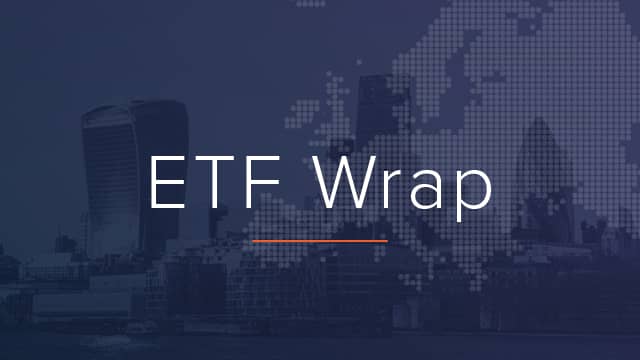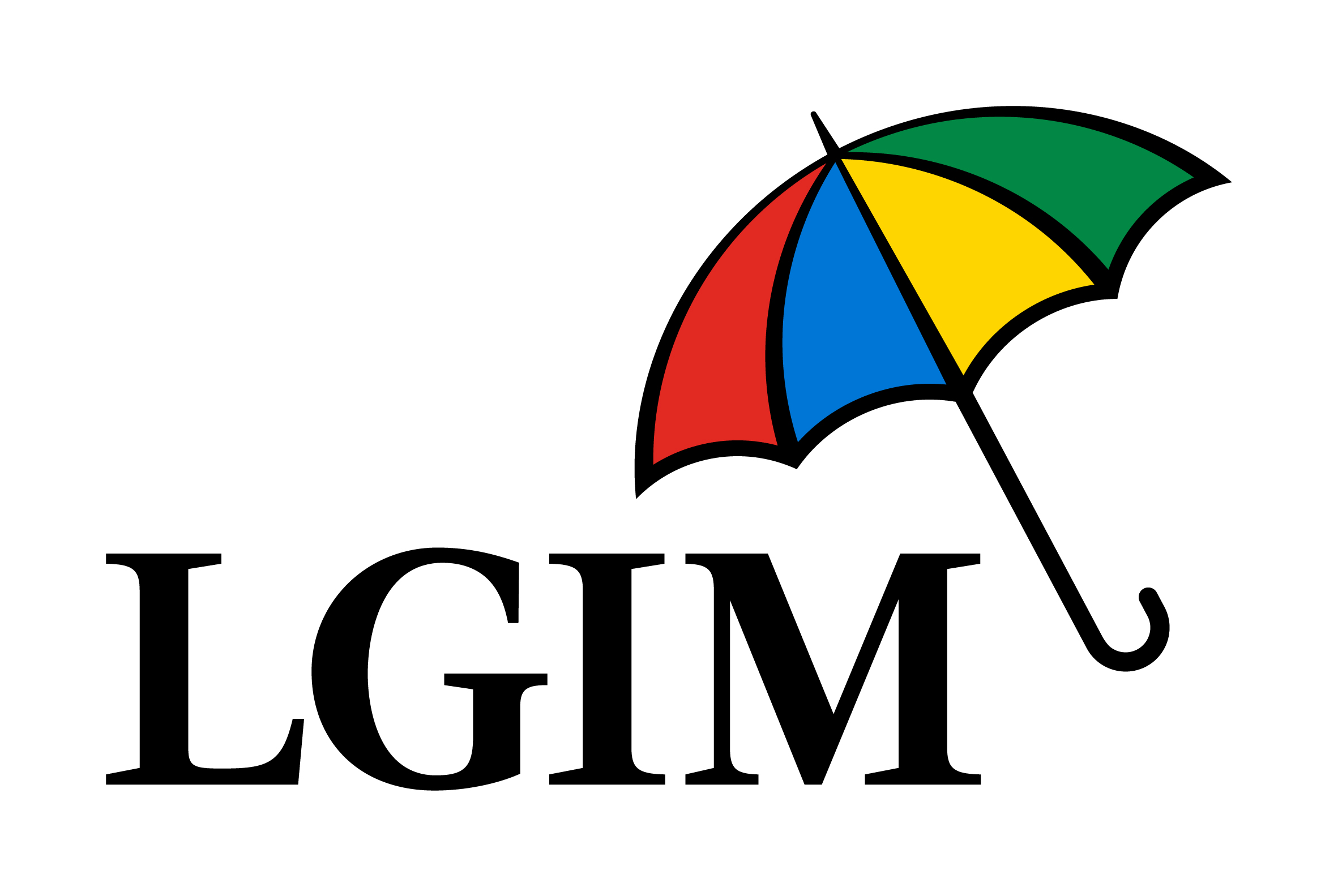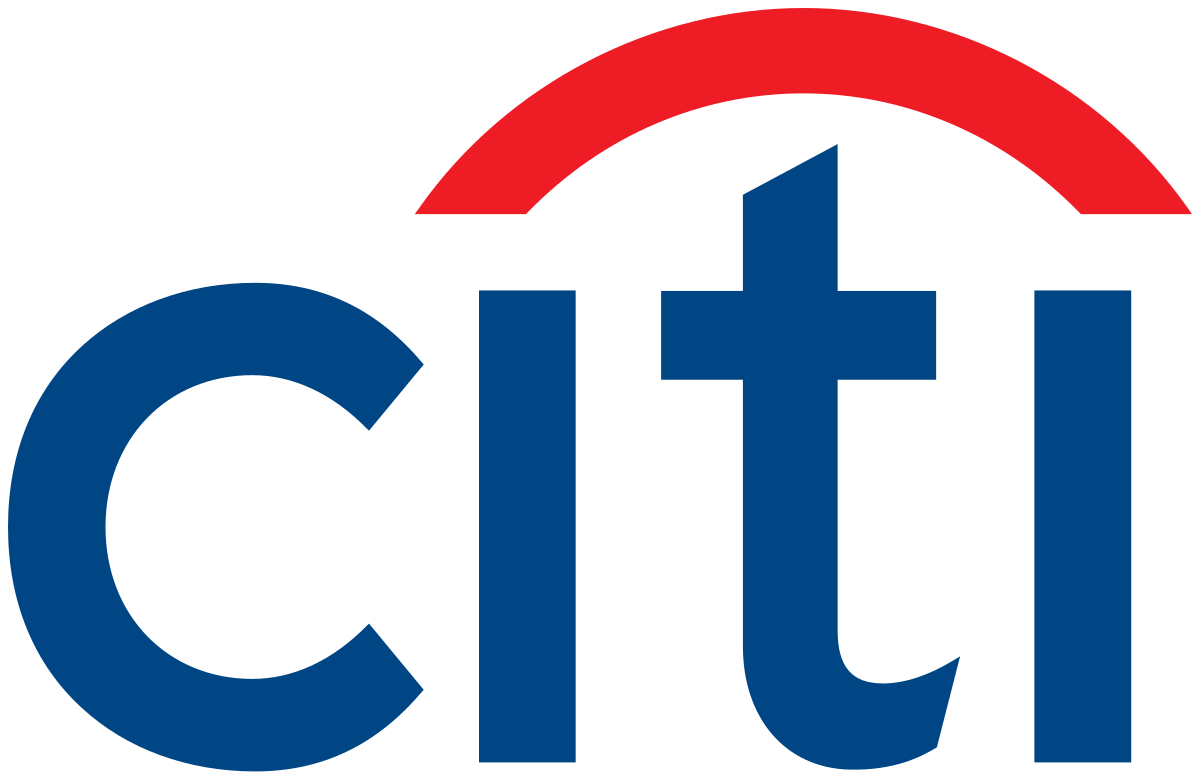While a week of ESG headlines might now sound like the norm, new information on how the asset class performs, how it is addressed by asset managers and what it covers, reminds us we are some way from a common understanding.
One of the main developments came from MSCI, with the index provider noting four out of five of the ESG versions of its All-Country World index (ACWI) beating their parent benchmark in 2021 and all five outperforming the vanilla rendition over three and five-year comparisons.
This is interesting because although MSCI’s ESG range remains sector-inclusive, on average they underweight the energy sector by almost 1%, with the MSCI ACWI SRI underweighting oil and gas by a considerable 2.4%. Even though the energy sector enjoyed stellar performance over the past year, MSCI’s indices managed to outperform by overweighting tech picks such as Microsoft and semiconductor manufacturers, while underweighting struggling sectors such as aviation.
The ESG style bias towards growth is not new knowledge but the ability to outperform, even during a relatively strong year for cyclical sectors, is telling. However, there is no guarantee growth outperformance would remain if interest rates remain higher for longer.
Also, this factor correlation owes to ESG’s bias towards environmental considerations. Greater focus on social and governance elements could result in higher weightings to companies offering more jobs, paying more taxes and offering more long-term stability.
Elsewhere, a report from financial publisher Capital Monitor found top European ETF issuers including BlackRock, Amundi, DWS, Invesco and Legal & General Investment Management (LGIM) link their executive’s bonuses with ESG targets, including growth in sustainable assets under management (AUM), green product development, ESG fund ratings, stewardship and ESG processes across fund ranges.
Bonus pay being linked to strategic goals is not a new phenomenon, however, in this case, it inevitably shapes the speed of adoption and form ESG takes in ETFs.
Finally, our understanding of what constitutes ESG remains in flux. The European Union’s Complementary Climate Delegated Act added nuclear energy and natural gas to its taxonomy of sustainable activities, only to be met with a lawsuit by Austria and Luxembourg – with the potential for Germany to add its support to the opposition.
The EU is without doubt the leading body on trying to formalise our understanding of ESG through various existing and incoming frameworks, however, its effort to standardise what are in essence moral issues will inevitably result in months if not years of kickbacks and compromises on definitions and data collection methodologies.
Value upside has its limits
Another issue being addressed this week has been the aftermath of a painful start to the year for growth stocks, following hawkish Federal Reserve minutes and several increments of monetary tightening on the horizon.
Against this backdrop, the growth large-cap-biased S&P 500 shed 9.8% during the first 24 days of the year – and while many rushed to ‘buy the dip’, others favoured companies with stronger balance sheets, with the iShares Edge MSCI USA Value Factor UCITS ETF (IUVF) and iShares Edge MSCI Europe Value Factor UCITS ETF (IEFV) claiming the first and third-most flows of all European ETFs so far this year, with a combined sum of $848m new assets.
However, with many value-tilted indices outperforming their vanilla and growth-tilted equivalents in January, Scott Chronert, managing director at Citi, warned value looks “less and less like a coiled spring”. He added while Citi still favours value, the repositioning trend and related sentiment will diminish as growth fundamentals remain intact and the Fed softens its narrative.
The future of real estate exposure?
Our final note of the week looks at two new and unconventional ways of playing real estate from WisdomTree and 21Shares.
The first, the WisdomTree New Economy Real Estate UCITS ETF (WTRE), offers exposure to global real estate companies involved in tech, science and eCommerce, including data centres, telecommunication towers and logistics warehouses. While tech real estate plays already exist, it is interesting to see the crossover with eCommerce logistics. Its total expense ratio (TER) of 0.45% is also reasonable by thematic standards.
The second and more oddball product is the 21Shares Decentraland ETP (MANA), which is the first wrapped product offering exposure to a decentralised, user-owned platform, allowing users to create and monetise content, such as the purchase of virtual land. For this slice of metaverse real estate, MANA carries a fee of 2.5%.
ETF Wrap is a new, weekly digest of the top stories on ETF Stream
Related articles











